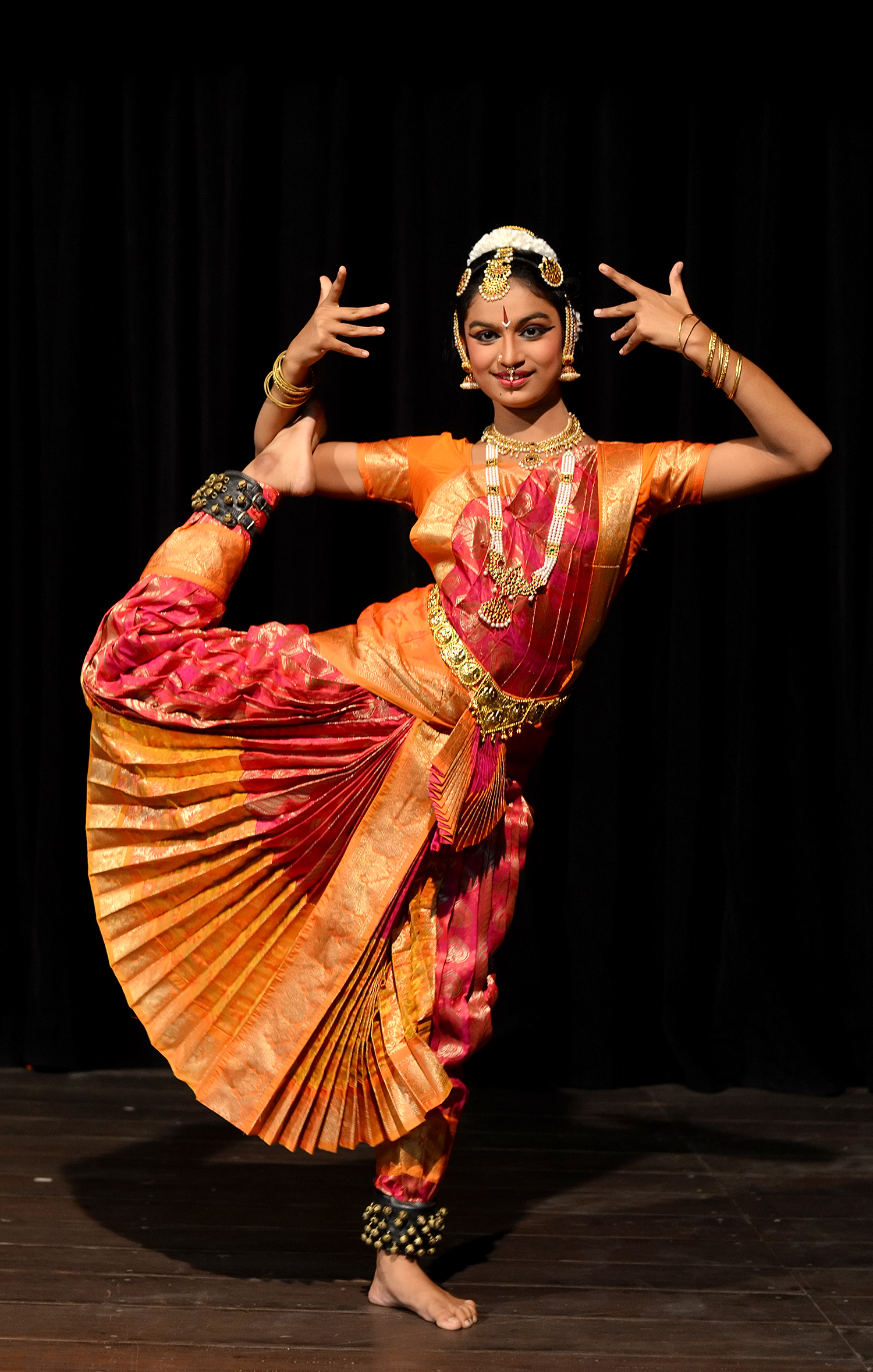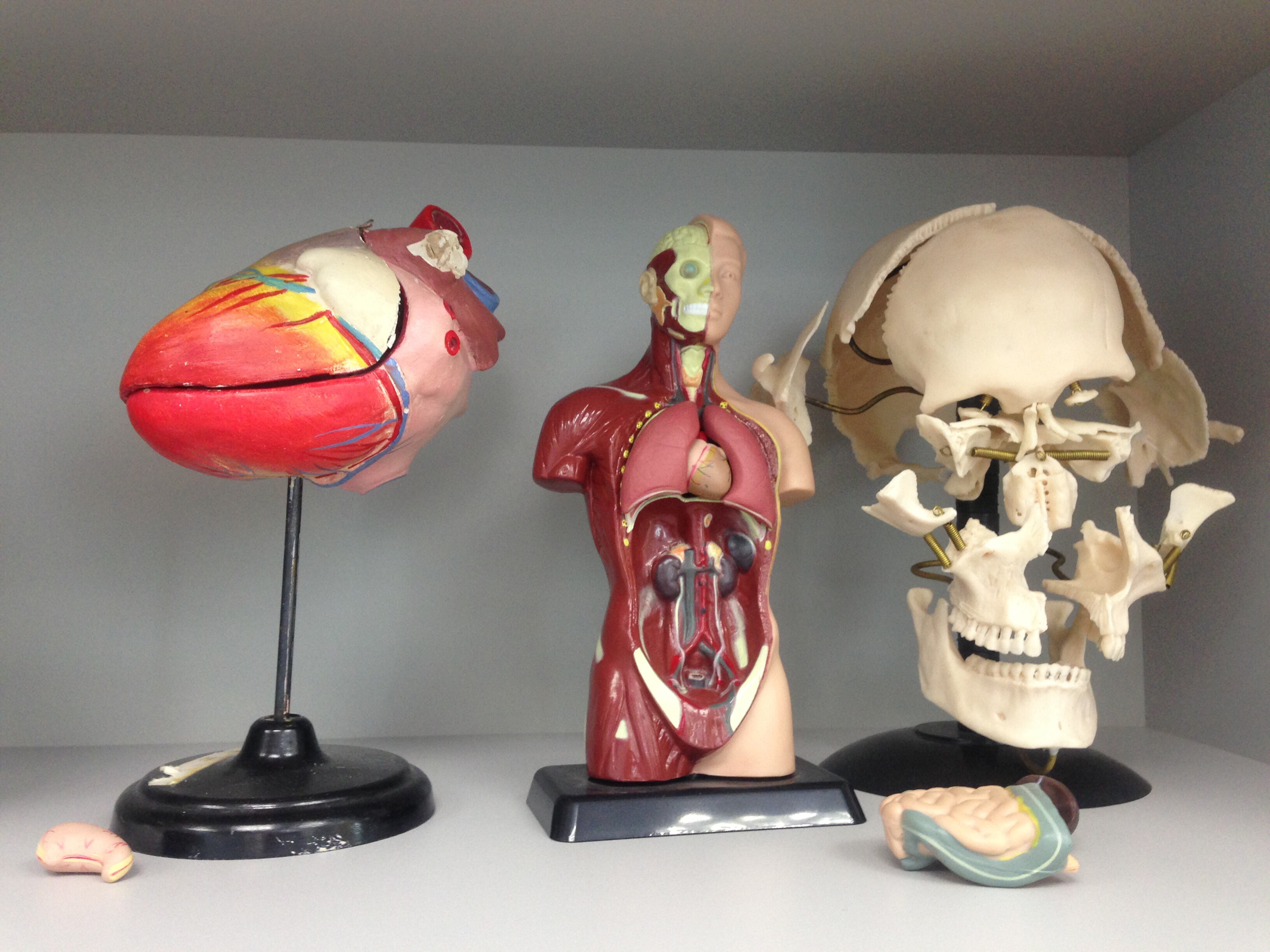|
Performing Art
The performing arts are arts such as music, dance, and drama which are performed for an audience. They are different from the visual arts, which are the use of paint, canvas or various materials to create physical or static art objects. Performing arts include a range of disciplines which are performed in front of a live audience, including theatre, music, and dance. Theatre, music, dance, object manipulation, and other kinds of performances are present in all human cultures. The history of music and dance date to pre-historic times whereas circus skills date to at least Ancient Egypt. Many performing arts are performed professionally. Performance can be in purpose-built buildings, such as theatres and opera houses, on open air stages at festivals, on stages in tents such as circuses or on the street. Live performances before an audience are a form of entertainment. The development of audio and video recording has allowed for private consumption of the performing arts. The ... [...More Info...] [...Related Items...] OR: [Wikipedia] [Google] [Baidu] |
Bharata Natyam Performance DS
Bharata (representing either sa, भरत or , and occasionally rendered as ''Bharat'' or ''Bharatha'' in informal contexts) may refer to: * Bharata (tribe), mentioned in the Rig Veda * Bharata, an occasional epithet for the Vedic deity Agni * Bharata (Mahabharata), Bharata (''Mahabharata''), a legendary king * Bharata (Ramayana), Bharata (''Ramayana''), a Hindu deity * Bharata chakravartin, a figure in Jain mythology * Bharata Muni, an ancient Indian theatrologist and musicologist * ''Bhārata'', a term for descendants of any of the figures listed above * ''Bhārata'', a Names for India#Bhārata, name for India See also * Bharat (other) * ''Bhārata Mātā'', the national personification of India as a mother goddess * Bharathan (1946–1998), Indian film maker * Bharathar, a Tamil caste in Tamil Nadu, India * ''Mahābhārata'', a Sanskrit epic of ancient India * Baratha (moth), ''Baratha'' (moth), a synonym of genus ''Mocis'' {{Disambiguation ... [...More Info...] [...Related Items...] OR: [Wikipedia] [Google] [Baidu] |
Comedian
A comedian or comic is a person who seeks to entertain an audience by making them laugh. This might be through jokes or amusing situations, or acting foolish (as in slapstick), or employing prop comedy. A comedian who addresses an audience directly is called a stand-up comedian. A popular saying often attributed to Ed Wynn attempts to differentiate the two terms: "A comic says funny things; a comedian says things funny." This draws a distinction between how much of the comedy can be attributed to verbal content and how much to acting and persona. Since the 1980s, a new wave of comedy, called alternative comedy, has grown in popularity with its more offbeat and experimental style. This normally involves more experiential, or observational reporting (e.g., Alexei Sayle, Daniel Tosh, Malcolm Hardee). As far as content is concerned, comedians such as Tommy Tiernan, Des Bishop, Kevin Hart, and Dawn French draw on their background to poke fun at themselves, while othe ... [...More Info...] [...Related Items...] OR: [Wikipedia] [Google] [Baidu] |
Illusion
An illusion is a distortion of the senses, which can reveal how the mind normally organizes and interprets sensory stimulation. Although illusions distort the human perception of reality, they are generally shared by most people. Illusions may occur with any of the human senses, but visual illusions (optical illusions) are the best-known and understood. The emphasis on visual illusions occurs because vision often dominates the other senses. For example, individuals watching a ventriloquist will perceive the voice is coming from the dummy since they are able to see the dummy mouth the words. Some illusions are based on general assumptions the brain makes during perception. These assumptions are made using organizational principles (e.g., Gestalt theory), an individual's capacity for depth perception and motion perception, and perceptual constancy. Other illusions occur because of biological sensory structures within the human body or conditions outside the body within one's physi ... [...More Info...] [...Related Items...] OR: [Wikipedia] [Google] [Baidu] |
Stage Lighting
Stage lighting is the craft of lighting as it applies to the production of theater, dance, opera, and other performance arts. Stage Lighting Design Principle and Process Several different types of stage lighting instruments are used in this discipline. theatrecrafts' Types of Lanterns. In addition to basic lighting, modern stage lighting can also include special effects, such as Laser lighting display, lasers and fog machines. People who work on stage lighting are commonly referred to as lighting technicians or Lighting designer, lighting designers. The equipment used for stage lighting (e.g. cabling, dimmers, lighting instruments, contr ... [...More Info...] [...Related Items...] OR: [Wikipedia] [Google] [Baidu] |
Stage Makeup
Theatrical makeup is makeup that is used to assist in creating the appearance of the characters that actors portray during a theater production. Background In Greek and Roman theatre, makeup was unnecessary. Actors wore various masks, allowing them to portray another gender, age, or entirely different likeness. Thespis, considered to be the first actor, used white lead and wine to paint his face. In medieval Europe, actors altered their appearances by painting their faces a different color. Performers who portrayed God painted their faces white or gold; actors playing angels painted their faces red. During the Renaissance, actors were creative and resourceful when making-over their faces. They used lamb's wool for false beards and flour as face paint. Advancements in stage lighting technology required stage makeup to evolve beyond one over-all face colour to a multidimensional craft. Originally, theatres used candles and oil lamps; these two sources of light were dim and allo ... [...More Info...] [...Related Items...] OR: [Wikipedia] [Google] [Baidu] |
Costume
Costume is the distinctive style of dress or cosmetic of an individual or group that reflects class, gender, profession, ethnicity, nationality, activity or epoch. In short costume is a cultural visual of the people. The term also was traditionally used to describe typical appropriate clothing for certain activities, such as riding costume, swimming costume, dance costume, and evening costume. Appropriate and acceptable costume is subject to changes in fashion and local cultural norms. This general usage has gradually been replaced by the terms "dress", "attire", "robes" or "wear" and usage of "costume" has become more limited to unusual or out-of-date clothing and to attire intended to evoke a change in identity, such as theatrical, Halloween, and mascot costumes. Before the advent of ready-to-wear apparel, clothing was made by hand. When made for commercial sale it was made, as late as the beginning of the 20th century, by "costumiers", often women who ran businesses tha ... [...More Info...] [...Related Items...] OR: [Wikipedia] [Google] [Baidu] |
Physical Appearance
Human physical appearance is the outward phenotype or look of human beings. There are infinite variations in human phenotypes, though society reduces the variability to distinct categories. The physical appearance of humans, in particular those attributes which regarded as important for physical attractiveness, are believed by anthropologists to affect the development of personality significantly and social relations. Humans are acutely sensitive to their physical appearance. Some differences in human appearance are genetic, others are the result of age, lifestyle or disease, and many are the result of personal adornment. Some people have linked some differences with ethnicity, such as skeletal shape, prognathism or elongated stride. Different cultures place different degrees of emphasis on physical appearance and its importance to social status and other phenomena. Aspects Various aspects are considered relevant to the physical appearance of humans. Physiological differenc ... [...More Info...] [...Related Items...] OR: [Wikipedia] [Google] [Baidu] |
Stagecraft
Stagecraft is a technical aspect of theatrical, film, and video production. It includes constructing and rigging scenery; hanging and focusing of lighting; design and procurement of costumes; make-up; stage management; audio engineering; and procurement of props. Stagecraft is distinct from the wider umbrella term of scenography. Considered a technical rather than an artistic field, it is primarily the practical implementation of a scenic designer's artistic vision. In its most basic form, stagecraft may be executed by a single person (often the stage manager of a smaller production) who arranges all scenery, costumes, lighting, and sound, and organizes the cast. Regional theaters and larger community theaters will generally have a technical director and a complement of designers, each of whom has a direct hand in their respective designs. Within significantly larger productions, for example a modern Broadway show, effectively bringing a show to opening night requires th ... [...More Info...] [...Related Items...] OR: [Wikipedia] [Google] [Baidu] |
Songwriting
A songwriter is a musician who professionally composes musical compositions or writes lyrics for songs, or both. The writer of the music for a song can be called a composer, although this term tends to be used mainly in the classical music genre and film scoring. A songwriter who mainly writes the lyrics for a song is referred to as a lyricist. The pressure from the music industry to produce popular hits means that song writing is often an activity for which the tasks are distributed between a number of people. For example, a songwriter who excels at writing lyrics might be paired with a songwriter with the task of creating original melodies. Pop songs may be composed by group members from the band or by staff writers – songwriters directly employed by Music publisher (popular music), music publishers. Some songwriters serve as their own music publishers, while others have external publishers. The old-style apprenticeship approach to learning how to write songs is being suppl ... [...More Info...] [...Related Items...] OR: [Wikipedia] [Google] [Baidu] |
Singing
Singing is the act of creating musical sounds with the voice. A person who sings is called a singer, artist or vocalist (in jazz and/or popular music). Singers perform music (arias, recitatives, songs, etc.) that can be sung with or without accompaniment by musical instruments. Singing is often done in an ensemble of musicians, such as a choir. Singers may perform as soloists or accompanied by anything from a single instrument (as in art song or some jazz styles) up to a symphony orchestra or big band. Different singing styles include art music such as opera and Chinese opera, Indian music, Japanese music, and religious music styles such as gospel, traditional music styles, world music, jazz, blues, ghazal, and popular music styles such as pop, rock, and electronic dance music. Singing can be formal or informal, arranged, or improvised. It may be done as a form of religious devotion, as a hobby, as a source of pleasure, comfort, or ritual as part of music ... [...More Info...] [...Related Items...] OR: [Wikipedia] [Google] [Baidu] |
Musician
A musician is a person who composes, conducts, or performs music. According to the United States Employment Service, "musician" is a general term used to designate one who follows music as a profession. Musicians include songwriters who write both music and lyrics for songs, conductors who direct a musical performance, or performers who perform for an audience. A music performer is generally either a singer who provides vocals or an instrumentalist who plays a musical instrument. Musicians may perform on their own or as part of a group, band or orchestra. Musicians specialize in a musical style, and some musicians play in a variety of different styles depending on cultures and background. A musician who records and releases music can be known as a recording artist. Types Composer A composer is a musician who creates musical compositions. The title is principally used for those who write classical music or film music. Those who write the music for popular songs ma ... [...More Info...] [...Related Items...] OR: [Wikipedia] [Google] [Baidu] |






.jpg)
